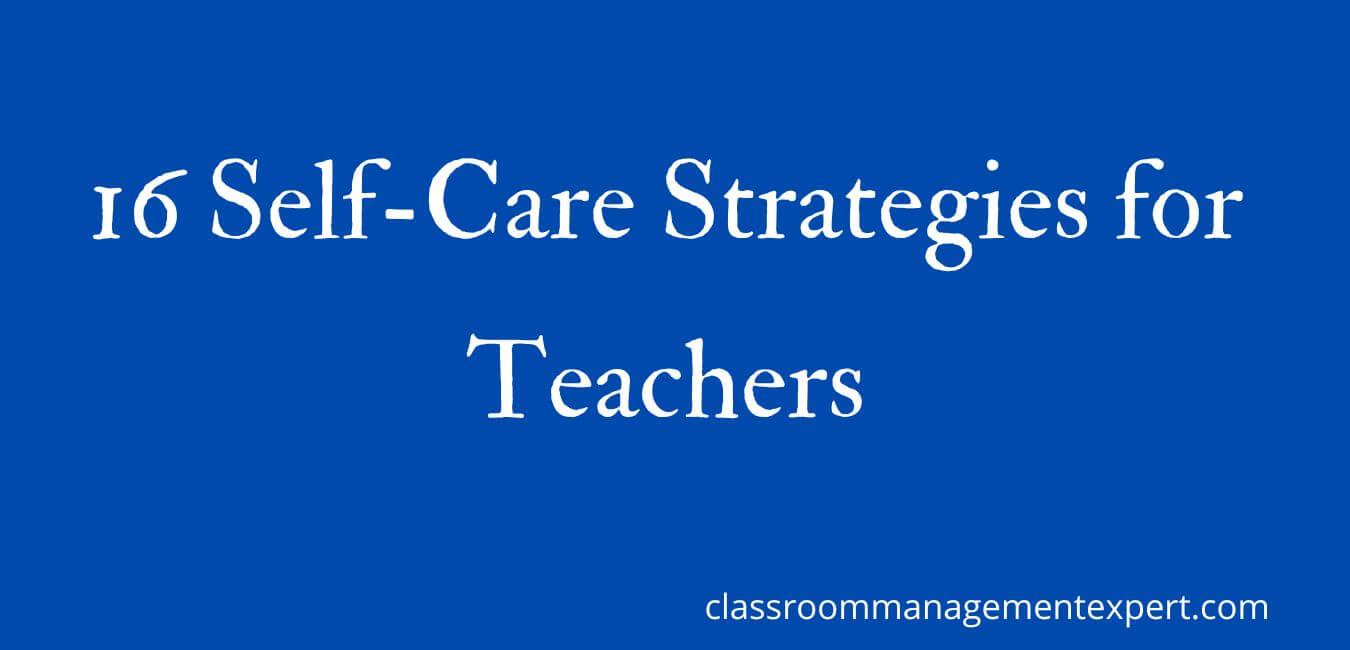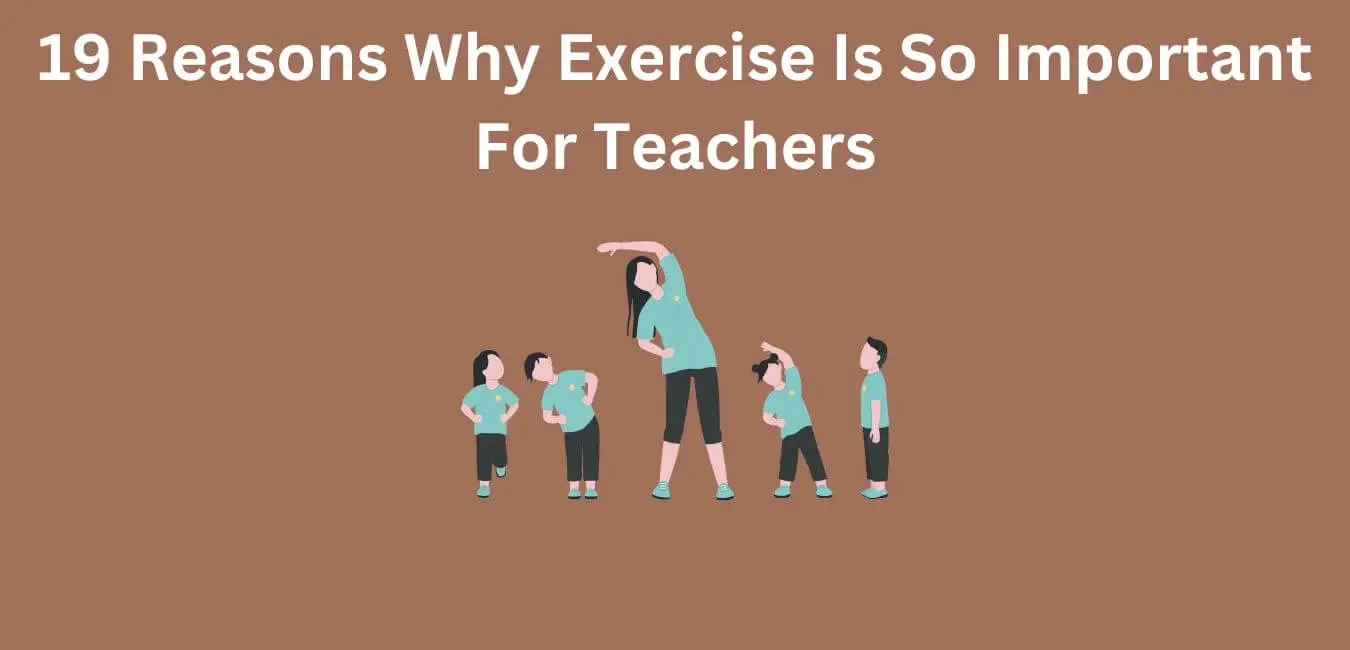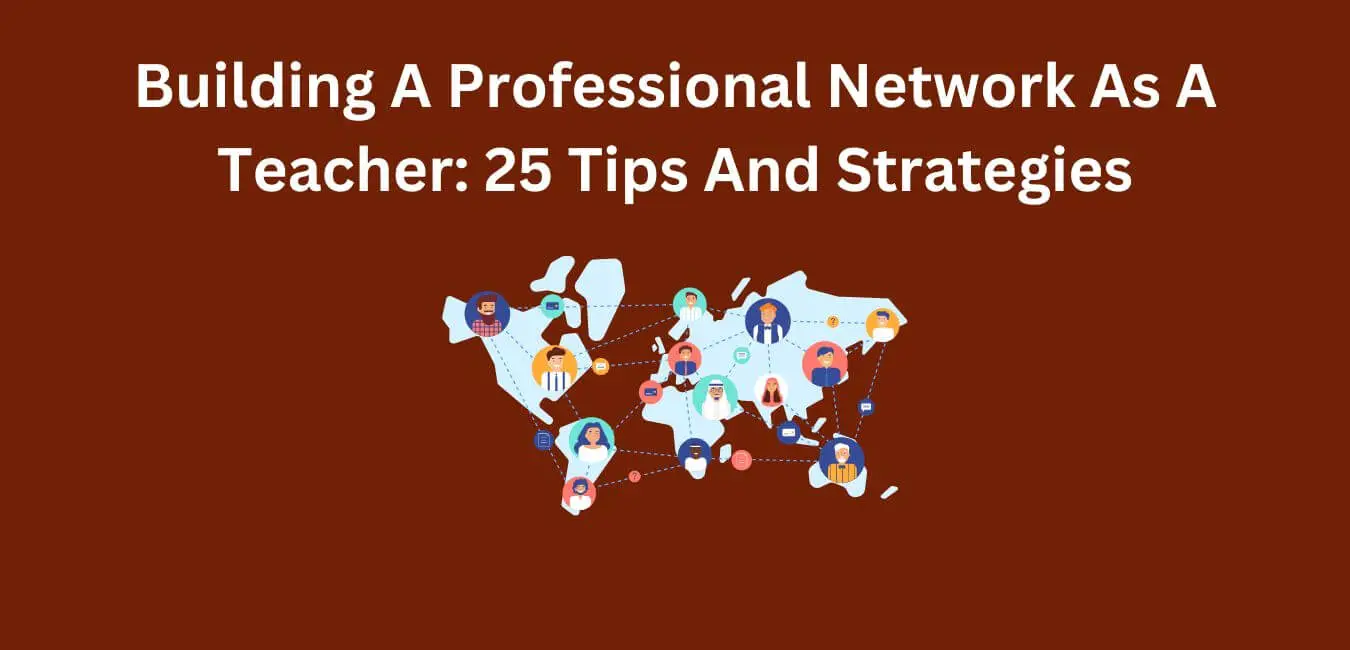As a teacher, I’ve been asked many questions. One of the most common is “Is being a teacher worth it?” That’s a question many people ask themselves before ever entering the teaching field.
Is it really worth it to spend your life teaching? According to a recent study, the answer is a resounding yes. If you enjoy sharing your knowledge and enthusiasm with others, then being a teacher could be the career for you. Despite the fact that teaching is one of the lowest-paid professions, it has some of the highest-earning potentials.
Is Teaching Worth It?
Teaching has been a profession for centuries, and there are many reasons why people become teachers. The most common reason is the love of teaching and helping students learn. However, with the current education reform movement in the United States, some people are questioning whether or not teaching is still a worthwhile profession.
There are many factors to consider when answering this question. First, teachers’ salaries have decreased in recent years while the cost of living has continued to rise. In addition, teacher workloads have increased as schools face increasing pressure to raise test scores.
Despite these challenges, most teachers would say that teaching is still worth it. They find great satisfaction in helping students learn and grow academically, emotionally, and socially. Teachers also appreciate the relationships they develop with their students and colleagues. Here are some reasons why most teachers find their profession still worthwhile:
1. Teaching can be extremely rewarding:
There are many reasons why people choose to become teachers, but the most important one is that teaching provides context. Context is a vital part of learning, and it’s something that can’t be found in any other form of education.
2. Teaching can provide you with useful skills and experience:
According to the National Education Association, teaching can provide you with useful skills and experience that can be valuable in many different professional settings. Teaching can give you experience working with children and adolescents, as well as a knowledge of educational strategies and methods.
3. Teaching can give you the opportunity to make a significant impact on the lives of your students:
Teaching is a noble profession that can provide immense value to students. In addition to imparting knowledge and skills, teachers can help students develop character and critical thinking skills, which can be vital in the 21st century.
Teaching provides an excellent opportunity to make a significant impact on the lives of your students. The rewards of teaching are numerous, including satisfaction from seeing your students succeed and the sense of purpose that comes with helping others grow into successful adults.
4. Teaching can be a great way to build your resume:
Teaching provides you with real-world experience and helps you develop skills that can be valuable in any career. It also gives you the opportunity to work with students from all walks of life, which can give you a unique perspective on how the world works.
5. Teaching can be a satisfying career choice:
Teaching provides an opportunity to make a positive impact on the lives of children, which is something that is hard to find in any other profession. Teaching also offers a variety of job opportunities, which means that teachers can find a position that fits their skill set and interests.
6. Teaching can be a challenging career option:
There are many reasons why people might consider teaching as a career option. One of the biggest reasons is that teaching can be a challenging field. Teachers need to be able to keep up with students and meet their needs in a way that is both creative and effective.
Moreover, teachers often have to work long hours, which can provide some benefits in terms of salary and retirement savings. However, the pay for teachers is not always great, and there can be times when it feels like the job is not worth it.
7. Teaching can be an excellent way to use your creativity and imagination:
With your creativity and imagination, you can come up with new lesson plans, projects, and activities that help engage your students in learning. You can also use your creativity to come up with ways to discipline students in a way that is fair and effective.
8. Teaching can be a great way to give back to your community:
Teachers help shape the future of our society by nurturing and educating young minds. Teachers also work with students who have special needs and help them to learn and grow.
9. Teaching can offer you the opportunity to work with talented and innovative colleagues:
It can help you develop relationships with others, learn new skills, and develop a sense of purpose.
10. Teaching can be a fun profession:
Teaching can be a fun and rewarding experience. Many people enjoy being around children and helping them learn new things. Teaching can also provide an important context in one’s life.
Reasons to Become a Teacher
There are many reasons to become a teacher, but here are three of the most common:
1. To improve the quality of education
When considering whether or not to become a teacher, one must consider the many benefits of the profession.
First and foremost, teachers are responsible for providing quality education to their students. In recent years, there has been an increase in complaints about the quality of education in America. This is likely due to a lack of qualified teachers and inadequate curricula.
However, despite these challenges, teaching remains one of the most important professions in society. Teaching provides context for students and helps them develop critical thinking skills.
Furthermore, it provides opportunities for teachers to make a difference in the lives of their students. Considering all these benefits, it is clear that being a teacher is worth it!
2. To Give Back to Your Community
There are many reasons why someone might choose to become a teacher. For some, it may be a way to give back to their community by providing access to education for those who might not have it. Others may find satisfaction in helping children grow and become successful citizens.
The benefits of teaching go beyond simply providing an educational opportunity. Teachers also help develop critical thinking skills, promote social responsibility, and provide compassion and support for students. All of these qualities can be vital in helping students succeed in life.
In addition, teachers contribute significantly to their communities through volunteer work or fundraising activities. It’s clear that being a teacher is an important role in society and can have a huge impact on the lives of those who choose to pursue it.
3. To Change the Lives of Students
Teaching is an important profession that can change the lives of students. A teacher’s ability to create a positive learning environment is critical in inspiring students to reach their potential. There are many reasons why a teacher’s work is worth it, both financially and emotionally.
The benefits of teaching include increased earning potential, job security, and the opportunity to make a real difference in people’s lives. Teaching provides valuable skills that can be used in any field, such as problem-solving, communication, and leadership. Additionally, teaching provides satisfaction and joy in helping others learn and grow.
The Benefits of Being a Teacher
Despite the challenges involve in teaching, there are many benefits to being a teacher. Here are a few benefits of being a teacher:
1. You can make a significant difference in the lives of your students:
Teaching is an immensely rewarding experience. As a teacher, you can make a significant difference in the lives of your students. You can help them learn, grow and develop their talents.
Teaching also provides you with the opportunity to work with some of the brightest minds in the world. There is no doubt that teaching is worth it to give context to students’ lives.
2. You have the opportunity to share your knowledge and experience with other educators:
Becoming a teacher can be one of the most rewarding and empowering professions you can choose. Teaching provides teachers with the opportunity to share their experience and knowledge with other professionals and students, which gives them the chance to make a positive impact on people’s lives.
3. You may be able to increase your salary significantly over the course of your teaching career:
Teaching is a great career path if you are looking for a long-term commitment. According to the National Education Association, the average salary for teachers was $59,320 in 2020-2021. This means that teachers can potentially earn a significant increase over the course of their teaching careers.
4. You may have the opportunity to do other business alongside teaching:
Teaching is a great profession, but it can be difficult to balance work and personal life. Though teaching is rewarding, it can be challenging to find time for other activities.
You may have the opportunity to do other business alongside teaching. For example, you could start a tutoring service or offer classes outside of school hours. Teaching is a great way to help others learn, and it can be rewarding to see students succeed.
5. You may have the opportunity to work with inspiring administrators:
Providing inspiring contexts helps teachers build relationships with their fellow educators and community members. These relationships can help teachers collaborate more effectively on school initiatives or support community-based projects that benefit the school district as a whole.
Why Do Some People Consider Teaching a Bad Profession?
There are many reasons why some people consider teaching a bad profession. Some of these reasons are discussed below:
1. The workload is often excessive.
From my experience, the workload is often excessive. I have worked as a teacher for years, and I can say that the amount of work that is required to maintain an exemplary teaching career is staggering. In order to be considered for a position, teachers must submit extensive portfolios, complete online assessments, and attend workshops on pedagogy and curriculum.
Furthermore, teachers are typically expected to lead classes and mentor students in their respective fields. This level of commitment can take its toll on teachers’ mental and physical health, especially when coupled with low pay and poor working conditions. Unless drastic changes are made, many talented teachers will be forced out of the profession due to overwork or inadequate compensation.
2. Lack of support systems, especially for new teachers
There is a lack of support systems for new teachers, especially those starting their careers in rural or isolated areas. This can be extremely challenging, as new teachers often lack the support system needed to navigate their way through the professional ecosystem. This can lead to feelings of isolation and a decreased sense of worth.
3. Continuous training and re-training
As educators, we continuously seek ways to offer our students the best possible education. Our profession is constantly evolving and new methods of teaching are being developed all the time. One such method is “continuous training and re-training.”
This means that educators need to keep up with new technologies, educational theories, and pedagogical approaches in order to provide their students with an optimal learning experience. It is also important for us to remain current with current trends so that we can provide our students with information that will help them stay ahead of the curve.
4. Bad student behavior
One of the biggest challenges that teachers face is dealing with bad student behavior. This can be a difficult task, as students can be quite disruptive and unruly. In some cases, it may even take a lot for a teacher to discipline a student in a way that is respectful and appropriate. However, it is essential for us as educators to try to deal with bad student behavior in a constructive manner.
5. The salary is not always what it seems.
Teaching is a challenging and rewarding profession. However, the salary may not always reflect the true value of a teacher’s work.
As educators, we often do not receive the same salary as our counterparts in other professions. This can be a major deterrent for some people who are interested in becoming teachers. Since the salaries are often low compared to other professions, teachers can be relatively unstable in their careers.
6. Teachers sometimes receive little respect from society.
A teacher is responsible for the success or failure of their students and can be judged harshly sometimes by those students and their parents. The low level of respect can lead to low morale and a reluctance by teachers to put in the extra effort necessary for quality instruction.
Tips to Stay Motivated as a Teacher
Being a teacher is a challenging and rewarding career. However, it can be difficult to stay motivated when things get tough. Here are some tips to help you stay on track:
1. Set realistic goals: Don’t try to do too much at once and overwhelm yourself. Instead, break your goals down into manageable tasks that you can complete in a reasonable amount of time.
2. Find support groups or online communities for teachers: These groups can provide helpful advice, encouragement, and support during the tough times.
3. Take breaks often: Teachers need time by themselves to regain their energy and focus on new tasks. Give yourself 10 minutes every hour you are working on something new to take a break and relax.
4. Cherish your relationships with students and colleagues: Treat them with respect, and they will return the favor.
5. Stay positive: It can be easy to get discouraged, but it is important to keep a positive attitude in the face of challenging circumstances.
6. Be patient: It may take some time for students to learn new material. Don’t be discouraged if they don’t understand everything from the start.
7. Seek professional feedback and advice from experienced teachers when you are feeling stuck or confused about teaching techniques or curriculum materials.
8. Celebrate your successes: Acknowledge your achievements and celebrate your students’ successes as well. This will help you maintain a positive outlook and stay motivated throughout your teaching career.
9. Embrace change: Although it may be frustrating sometimes, embracing change is essential in keeping up with the latest educational trends and new technology.
10. Always have a teaching resource (book, website, video) at hand to help you reinforce objectives and to provide support for your students.
Final Thoughts
In conclusion, being a teacher is definitely worth it. Although the pay may not always be great and the workload can be overwhelming, the feeling of seeing a student succeed is priceless. Teacher burnout is real, but with the right mindset and support system, it is possible to overcome it.
Despite all the challenges, teaching is a very rewarding career. Teachers have the opportunity to make a real difference in the lives of their students. They help shape the future of our country and the world as well. So, if you are thinking about becoming a teacher, go for it! It is a challenging and rewarding career choice, and you won’t regret it. Thank you for your time.














